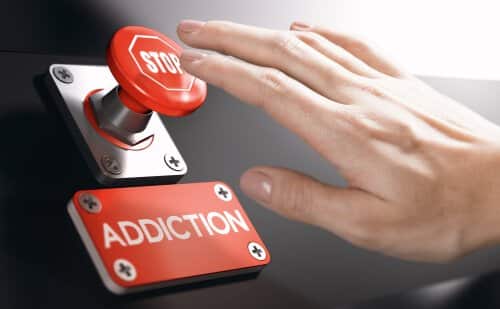How to Go about Pain Pill Detoxification
Painkillers are perhaps the most abused drugs today.
More and more people are now using Oxycontin and Vicodin (which are narcotic drugs) for non-medical or recreational purposes.
However, others get prescriptions pain pills but end up developing an addiction.
A 2009 report from the Substance Abuses and Mental Services Administration indicated that more than 590,000 emergency visits to the hospitals are because of abuse or misuse of painkillers.
Both the younger and older generations use prescription pain medications like morphine, oxycodone, tramadol, hydrocodone and fentanyl to relieve pain or feel better.
What they do not know is that these drugs have the potential of causing addiction – even when taken under the supervision of a doctor.
Addiction to pain-relieving drugs becomes obvious when the prescribed dose no longer has an effect, therefore a person shifts to using higher doses to feel the effect.
When the user stops taking these pain medications, they are likely to suffer from withdrawal symptoms like anxiety, insomnia, and agitation. They may also experience muscle aches, runny nose, sweating and yawning. Further withdrawal symptoms include confusion, headache, low energy, shaking or tremors, diarrhea, nausea, having Goosebumps or feeling chilled, and abdominal cramping.
Signs become more evident when the patient nears their time for daily dose or when they miss their regular dose. More intense withdrawal symptoms will last anywhere between three days and a week, however, the effects can still be felt after a week. Although everyone experiences pain pill detoxification in a different way; most people experience a strong desire to fall back to the addiction cycle. That’s why support and professional help is usually critical lt this stage.
Painkiller detox
It is hard to detox from painkillers, just like any other drug, and it can be worse because people believe that pain pill cannot be harmful.
When experiencing signs of addiction, it’s important that the patient seeks medical help, rather than trying to quit cold turkey. There are numerous rehab facilities that provide pain pill detoxification services to help one go back to their normal lives. Based on the type of detoxification that the physician applies, it may take as little as a week or more for the patient to detox from the pain pills.
Physicians will prescribe medications like naltrexone, methadone, buprenorphine, and naloxone, which blocks the opioid receptors, to help combat the situation.
These solutions can be on an inpatient or outpatient basis depending on the patient’s needs. However, outpatient offers the best choice because the patients are still able to stay at home and interact with their loved ones. They also learn to adapt to the environment and will easily proceed with their lives after the detox program is over.
Patient Care
If you realize that someone close to you has an addiction to pain pills, don’t just sit there and do nothing. You should know that an addiction to painkillers is not a sign of mental weakness or moral failure, but a disease of the brain. You can help by reaching out to the professionals as soon as you realize the signs of addiction. It is often easier to address drug dependence early on than when the problem becomes worse.
Related Articles




